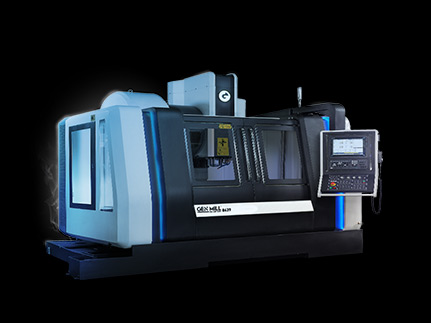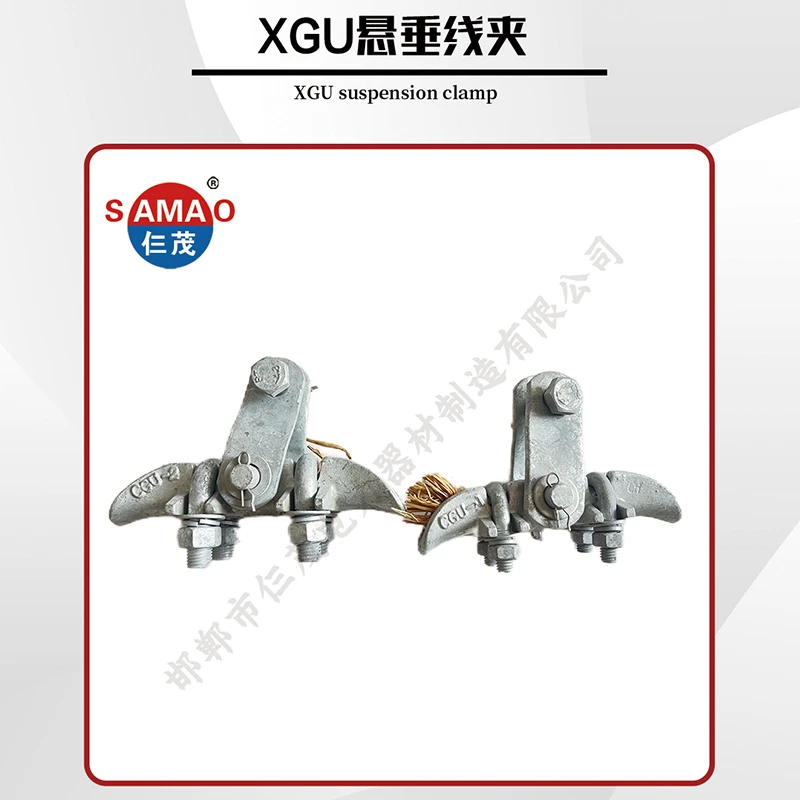1 月 . 20, 2025 08:47
Back To List
suspension clamp suppliers
Finding a reliable electronic cable supplier is often a task that requires a blend of both technical knowledge and trust in the supplier’s ability to deliver high-quality products consistently. When choosing a supplier for electronic cables, understanding the nuances that differentiate an average supplier from an exceptional one becomes crucial. This decision affects not only the performance and safety of the end products but also impacts the bottom line due to potential downtime or failures.
Authoritativeness is another critical criterion. This can often be gauged through the supplier’s reputation in the industry and their involvement in thought leadership, such as publishing technical white papers or actively participating in industry forums. Leaders in the field will frequently contribute to the advancement of technology and standards, showcasing their role as innovators and influencers. Trustworthiness, though perhaps the most subtly discernible, is built over time and is often evidenced by client testimonials and case studies. It involves transparency in dealing with clients, consistent delivery timelines, and responsive customer service. A trustworthy supplier will not only provide exceptional products but also support them with open communication and dependable after-sales service. Product-wise, electronic cables from a reputable supplier should offer technological enhancements such as improved data transmission speeds, reduced electromagnetic interference (EMI), and reinforced durability for longer life spans. The cables should seamlessly integrate with existing systems, offering ease of installation and maintenance, thereby reducing the potential for costly downtimes. In conclusion, as the electronics landscape continually evolves, businesses must align themselves with electronic cable suppliers that exhibit robust expertise, experience, authoritativeness, and trustworthiness. These attributes not only assure the quality and reliability of their products but also strengthen the overall ecosystem in which they operate. By choosing wisely, companies safeguard their operations and enhance their ability to deliver quality solutions to their own customers.


Authoritativeness is another critical criterion. This can often be gauged through the supplier’s reputation in the industry and their involvement in thought leadership, such as publishing technical white papers or actively participating in industry forums. Leaders in the field will frequently contribute to the advancement of technology and standards, showcasing their role as innovators and influencers. Trustworthiness, though perhaps the most subtly discernible, is built over time and is often evidenced by client testimonials and case studies. It involves transparency in dealing with clients, consistent delivery timelines, and responsive customer service. A trustworthy supplier will not only provide exceptional products but also support them with open communication and dependable after-sales service. Product-wise, electronic cables from a reputable supplier should offer technological enhancements such as improved data transmission speeds, reduced electromagnetic interference (EMI), and reinforced durability for longer life spans. The cables should seamlessly integrate with existing systems, offering ease of installation and maintenance, thereby reducing the potential for costly downtimes. In conclusion, as the electronics landscape continually evolves, businesses must align themselves with electronic cable suppliers that exhibit robust expertise, experience, authoritativeness, and trustworthiness. These attributes not only assure the quality and reliability of their products but also strengthen the overall ecosystem in which they operate. By choosing wisely, companies safeguard their operations and enhance their ability to deliver quality solutions to their own customers.
Prev:
LATEST PRODUCTS




